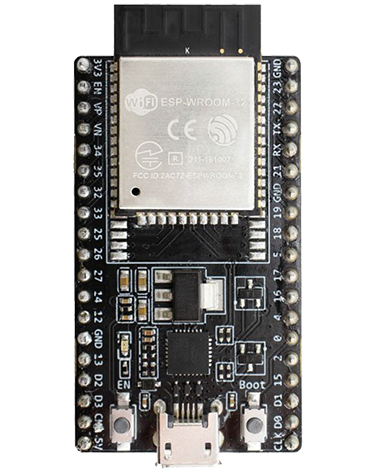If you’re adding a library that wants to be in the components folder, but you don’t already have one: Create a folder called “components” in your project root folder . Then in your projects main/CMakeLists.txt file add a path to the library include file:
All posts by
Reset watchdog timer and yield in FreeRTOS
You need to yield to FreeRTOS periodically which will also reset the watchdog timer. If you have a simple main loop application (e.g. you are only using one RTOS task) then this is a way to do that, but with the catch you have to release operation for the RTOS tick time (default 10mS): If […]
Adding files
See here
USB issues
A stack overflow in task USB MSC has been detected We suddenly started getting the following error when inserting a USB memory stick “***ERROR*** A stack overflow in task USB MSC has been detected.” Changing .stack_size from 2048 to 3072 fixed it:
File access functions
Path to SD Card drive Everything else… See here.
Directories
You can use directories, an example path:
Quadrature encoder input
See Espressif example here
Incremental counter from 1 pin
Using the “Pulse Count Controller” (PCNT) CMakeLists.txt REQUIRES Ensure the following is added to the REQUIRES section of your CMakeLists.txt file in the \main folder: Configuring Reading value More useful version
Shelly devices
There’s a whole range of really cool Shelly modules for use in the home, here’s a Knowledgebase https://kb.shelly.cloud/knowledge-base/ UK store https://shellystore.co.uk/
Light sleep
In light sleep mode, digital peripherals, most of the RAM, and CPUs are clock-gated, and supply voltage is reduced. Upon exit from light sleep, peripherals and CPUs resume operation, their internal state is preserved. Documentation https://docs.espressif.com/projects/esp-idf/en/v4.4.5/esp32c3/api-reference/system/sleep_modes.html Example light sleep function Used with ESP32 C3

